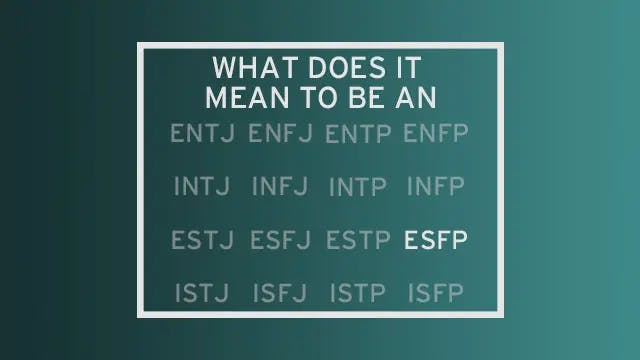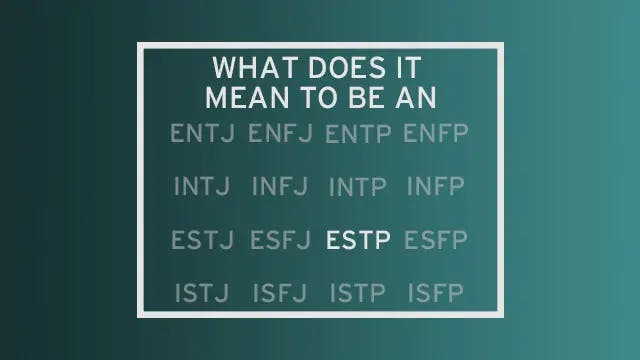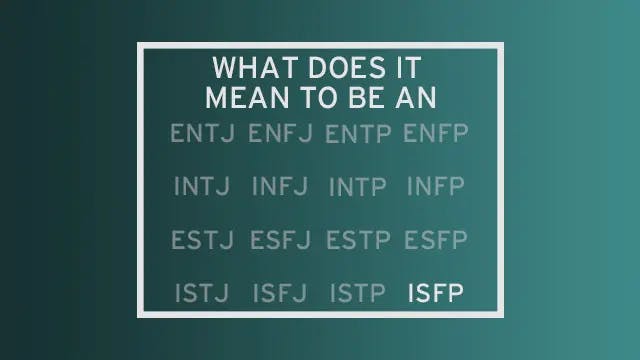
Sensing is a core aspect of MBTI personality types, shaping how people perceive and process information. The teachings and life of Jesus offer sensing people a practical and tangible framework for spiritual growth and exploration, emphasizing compassion, justice, love, stability, and order. By incorporating these teachings into their lives, sensing people can deepen their connection to their inner selves, to others, and to a higher source of wisdom and guidance.
Sensing , according to the Myers-Briggs Type Indicator (MBTI), refers to a person’s tendency to process information by using their senses, rather than their gut or instinct.
Understanding Sensing in MBTI
The Myers-Briggs Type Indicator (MBTI) is a popular personality assessment tool that categorizes people into 16 different personality types. One of the key dimensions of MBTI is sensing, which refers to how people perceive and process information.
Sensing is the opposite of intuition in MBTI, and it refers to the ability to perceive information through the five senses - sight, sound, touch, taste, and smell. People who score high in sensing tend to rely on concrete, observable facts and details to understand the world around them.
The Two Types of Sensing in MBTI
MBTI distinguishes between two different types of sensing: extraverted sensing (Se) and introverted sensing (Si). Extraverted sensing is characterized by a focus on the present moment and a desire for immediate sensory experiences. People who score high in extraverted sensing tend to be adventurous, spontaneous, and action-oriented.
Introverted sensing, on the other hand, is characterized by a focus on the past and a desire for order and stability. People who score high in introverted sensing tend to be detail-oriented, organized, and value tradition and routine.
How Sensing Impacts MBTI Personality Types
Sensing plays a significant role in shaping the behavior, attitudes, and preferences of MBTI personality types. People who score high in sensing tend to be practical, realistic, and focused on the present moment.
Sensing types often have a strong sense of duty and responsibility, and they tend to be drawn towards careers and activities that require attention to detail and concrete skills. They may struggle with abstract concepts and theoretical ideas, preferring to focus on tangible, observable facts.
Developing Sensing in MBTI Personality Types
While sensing is a core aspect of MBTI personality types, it is also a skill that can be developed and strengthened over time. Some ways to enhance sensing include:
- Engaging in physical activities such as sports, dance, or yoga
- Spending time in nature and engaging with the environment
- Practicing mindfulness and being present in the moment
- Reflecting on personal experiences and memories
- Exploring new sensory experiences through travel, food, or art
How can sensing people relate to Jesus
For people who score high in sensing, the teachings and life of Jesus offer valuable insights and guidance. Jesus often used parables and stories that were relatable and grounded in everyday life experiences. His teachings on compassion, justice, and love were often demonstrated through tangible acts of service and care for others.
Jesus’ life also provides a model for introverted sensing, as he often relied on tradition and ritual as a means of connecting with God and finding inner peace. His life also demonstrates the importance of stability and order in achieving spiritual growth and inner transformation.
Overall, the teachings and life of Jesus offer sensing people a practical and tangible framework for spiritual growth and exploration. By incorporating these teachings into their lives, sensing people can deepen their connection to their inner selves, to others, and to a higher source of wisdom and guidance.
Conclusion
Sensing is a core aspect of MBTI personality types, shaping how people perceive and process information. By understanding and developing sensing, people can gain a deeper understanding of themselves and the world around them, and explore new possibilities and experiences. The two types of sensing, extraverted sensing and introverted sensing, impact personality types differently and can be developed through engaging in physical activities, being present in the moment, and exploring new sensory experiences.



